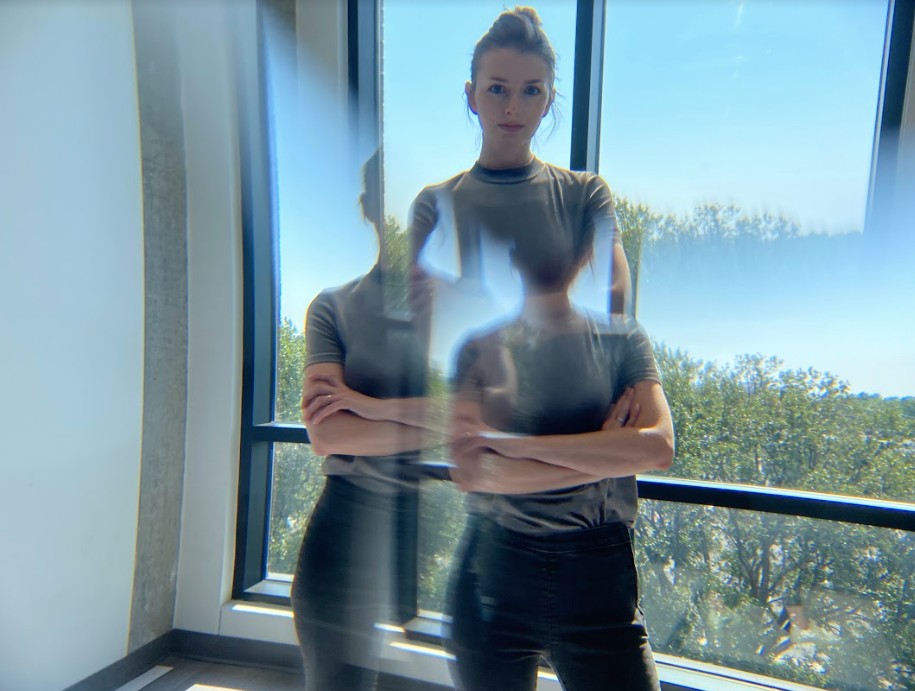Alright – so today we’ve got the honor of introducing you to Marcy Bishop-Lilley. We think you’ll enjoy our conversation, we’ve shared it below.
Marcy, thanks for taking the time to share your stories with us today How did you learn to do what you do? Knowing what you know now, what could you have done to speed up your learning process? What skills do you think were most essential? What obstacles stood in the way of learning more?
My non-linear path to becoming a university career counselor and advising art and design students emerged from my experience simultaneously pursuing a degree while holding numerous jobs and actively seeking a place in the art world. I draw from my diverse and colorful career background from working for California-based ceramist and professor, David Hicks as his studio assistant. Early in my graduate career, I served as a departmental assistant and teaching assistant at the University of North Texas. Steadily, throughout my undergraduate and graduate studies, working in the food service industry as a bartender and server. I have been a face painter, fine artist, and studio technician for an animatronic dinosaur company. My robust background required walking in the dark at times. One goal remained consistent; I would work in a creative field.
A career counseling theory called, Planned Happenstance; asks you to focus less on having specific plans and more on finding opportunities at random. I wouldn’t say that my journey has been haphazard because I’ve actively searched for opportunities and getting connections in the process has been serendipitous. I encourage students to trust themselves and the process, have an open mind choosing a path, what their careers will encompass when they get there, and what skills they can capture for future work. Creative individuals are interested in many different things. Supporting their interests while coaching them to make achievable connections between past experiences and the pathway of their future puts things into a prioritizing perspective for them. Role models and mentors are a fantastic way to visualize what could be and a glance at the future work they’d contribute.
Having an aura of humble approachability, practicing active listening, and emotional intelligence is important in the process of career coaching. Counseling sessions encompass more than just chatting about careers. I hold a safe space for confessions of genuine concerns, expression of frustrations, fears, investigation, and Triomphe. Affirming and validating students’ feelings toward the uncertainty of post-graduate life gives them the courage and energy to carry on. Resourcefulness is the other face of career counseling. Providing websites, articles, new opportunities, career trends, and next steps for a struggling student proves incredibly helpful.
An obstacle that I see commonly is the devaluing of skills and experiences. One must own their unique experience and document all accomplishments, big or small. Coaching students on how to articulate their skills, abilities, and identity is what calls me to the profession. What may seem insignificant could prove to be a vital step or link in the direction of your career; you need to know how to sell it. Maybe unknowingly to some, you are a brand. Work on harnessing your professional uniqueness, and embrace your diverse range of jobs and experiences. They are more powerful than you know!
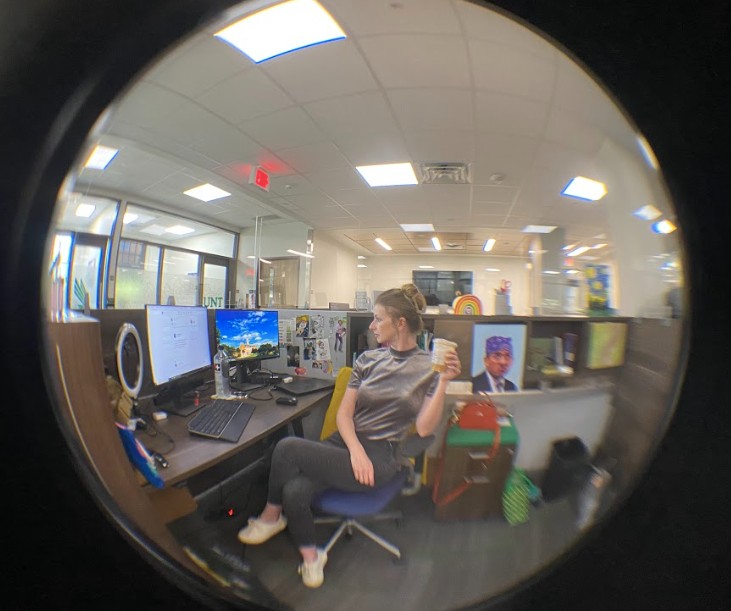
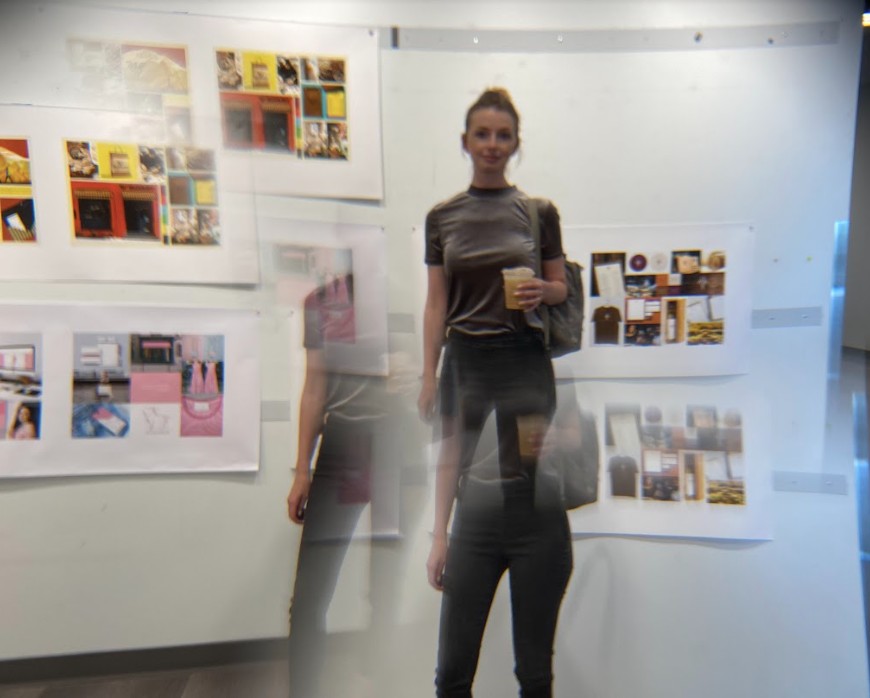
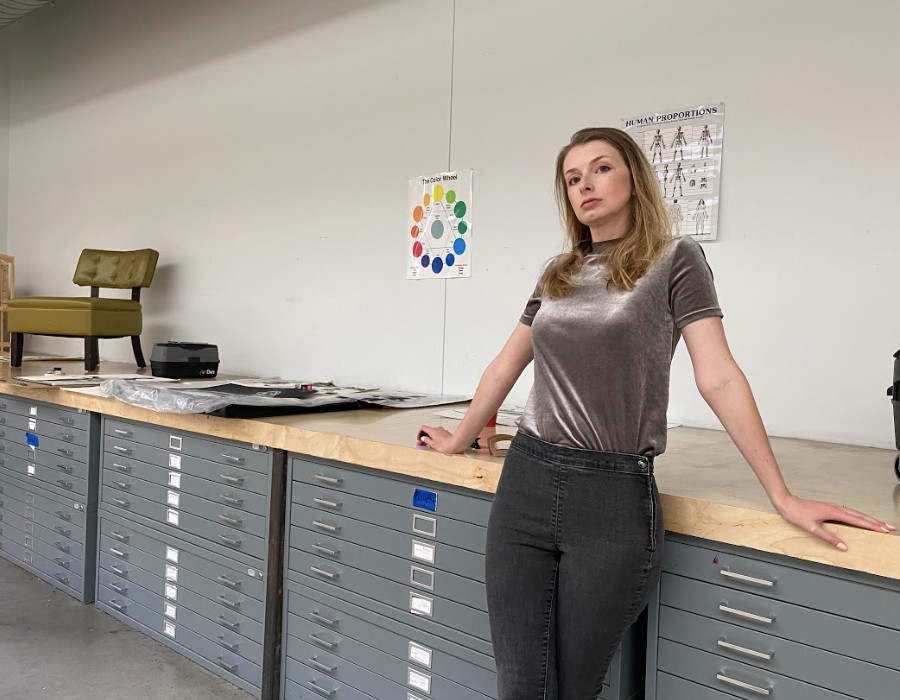
Great, appreciate you sharing that with us. Before we ask you to share more of your insights, can you take a moment to introduce yourself and how you got to where you are today to our readers
My name is Marcy Bishop-Lilley. I am a Carolina girl living and working in Denton, Texas as a Career Development Specialist at the University of North Texas. I specialize in advising students majoring in an art or design discipline.
The pandemic directly impacted how the workforce operated. The taboo conversation of empty careers, poor wages, and long laboring hours was exposed, opening up a national critique of the tradition of working. I listen to students’ accounts of their struggles with job applications, criteria, interviews, or skills and offer advice or present new approach methods. The career counseling profession was growing before the pandemic. However, this series of unfortunate uncertainties in the US has brought in a lot of folks searching for answers to the question: What do I want to be when I grow up? My world of counseling also involves a deal of research so that I can give informed feedback to students.
Success to me is whatever goal a student has created for themselves and achieved that goal. Advising insanely talented art and design students can be wonderful to watch their careers begin with my assistance. Some huge successes that come to mind are the students that finally get an interview, build their website, or get the job they’ve been diligently pursuing.
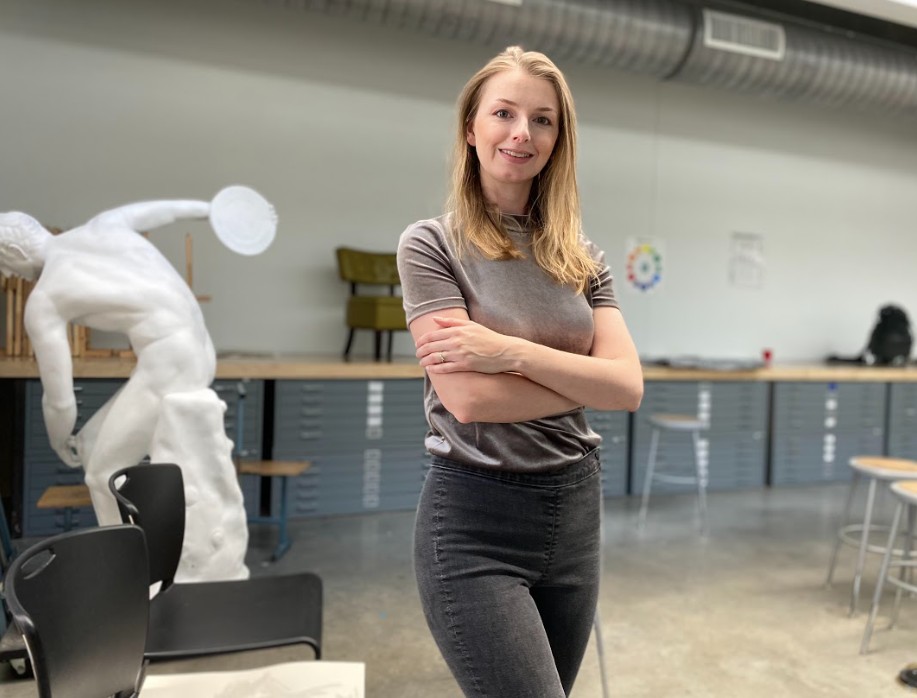
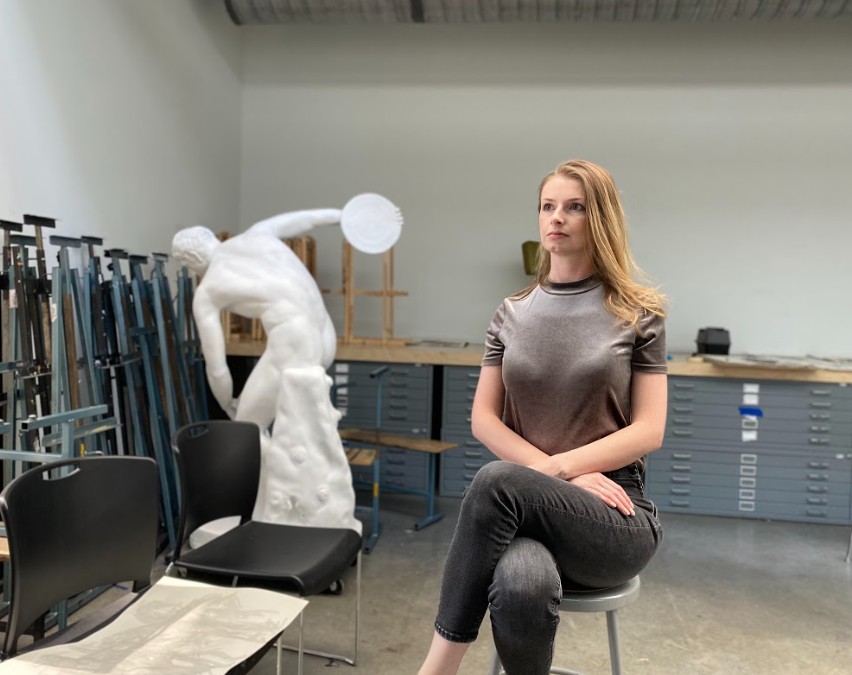
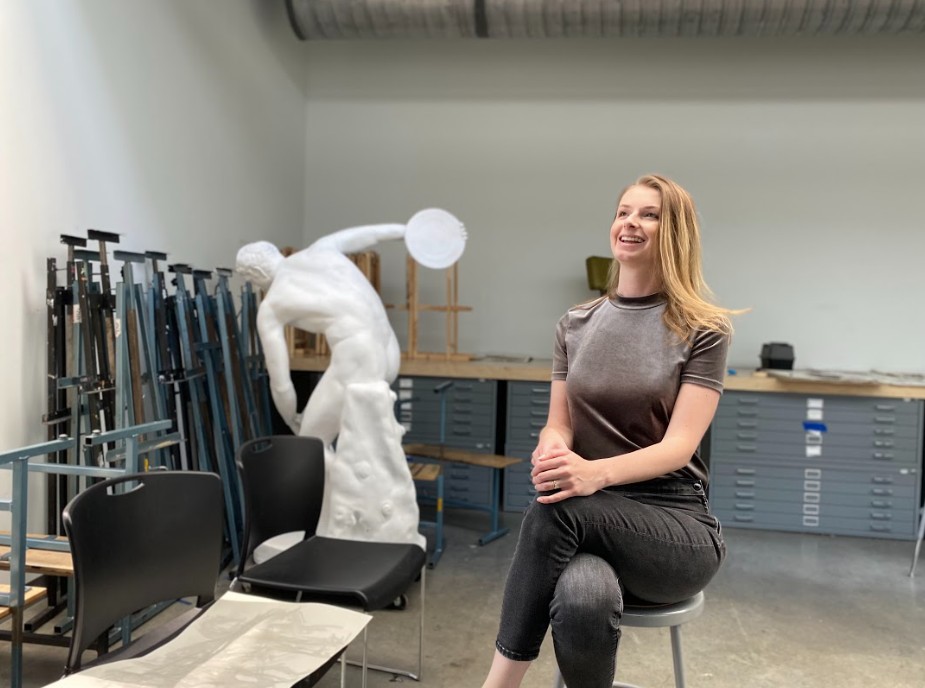
Are there any resources you wish you knew about earlier in your creative journey?
Glasstire is a resource I wish I’d known about earlier on in my career. It’s a great website featuring and promoting Texas visual artists and various resources for job searching, internships, open calls, and residencies.
What do you find most rewarding about being a creative?
The most rewarding part of being a creative individual is there is never a cap on anything, nothing is too eccentric.
Contact Info:
- Website: https://chillilley.wixsite.com/website
- Instagram: @Chillilley
- Linkedin: https://www.linkedin.com/in/marcy-lilley/


